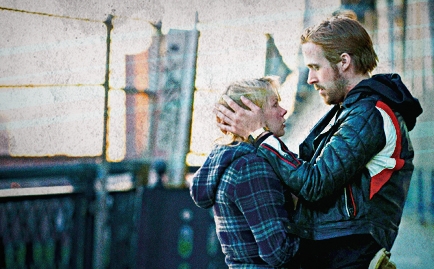In the aftermath of the Jan. 12, 2010 earthquake one year ago, the church of Haiti saw great physical and spiritual damage. But while their roofs collapsed and their people grieved, the faith of this resilient people still showed signs of life. Churches Helping Churches, founded by James MacDonald and Mark Driscoll, is one organization devoted to repairing buildings and restoring hope for the pastors of Haiti, as well as their people. We spoke with CHC field liaison and coordinator Jacques Louis, a Haitian pastor himself and a faculty member of Port-au-Prince’s Seminary of Evangelical Theology, about the state of the Haitian church before and after the quake, and what it will take to strengthen the faith of this fragile nation.
What is the goal of Churches Helping Churches?
There will be training in counseling and church planting. Then we’ll think about churches who don’t have any place to worship, and maybe have a temporary thing for them. We are not focusing on helping any one church. We’ll have some counselors from the States, and we have guys here in Haiti who will be talking also.
What do you think pastors in Haiti need most?
When the earthquake hit, everybody was hurt. But the pastors have to take care of the people, so they do not even take care of themselves. So right now, we’re giving them a chance to cry, and to share and to be rebuilt so they can continue on.
Did a lot of people come to church after the earthquake?
Many people came to church after the earthquake. I would say there were more converts after the earthquake than maybe one or two years of evangelism because people were rushing to church. After the earthquake, we had about 4,000 people here. There were tents everywhere, and we had our first service right here, and I was the one to preach in that service. I wasn’t trying to preach evangelism, I was trying to just comfort the people. We had worship service every night when they were here. Before they left the first week of April, we had more than 300 people come to know the Lord.
What is the spiritual climate like in the country? Is voodoo still a big part of the culture and of people’s faith?
Do some people practice both the Christian faith and voodoo?
Some do. Especially people in the Catholic church, it’s like a big syncretism thing. We can say 70 to 80 percent of people in Haiti are Catholic, but I would say maybe we have 85 percent of Haitians who are doing voodoo stuff because some people are also in the Protestant churches.
Is it because voodoo has been ingrained in the culture for so long?
I would not say that. I would say it’s basically one way the devil is trying to do his own thing. Talking about voodoo as being part of a culture, I would say it’s our religion.
What does it mean to practice voodoo—in a day-to-day sense?
If I’m sick, I would go to the voodoo priest, which means I’m looking for health. Some people who are poor, they would go to the voodoo priest to ask for a chance to do business, so that means they are looking for wealth. If you do something to me, I’ll go to the voodoo priest so I can do something to you, too. I will say I’m looking for justice. And if I’m afraid of you and I don’t want you to do something to me, I will go to the voodoo priest because I’m looking for power. If I’m also a candidate for elections, I go to the voodoo priest because I need the power of the spirits to help me. So people use voodoo stuff for practically everything, looking for justice, health, wealth, power, whatever they can think of. Usually, when you look at films, you see people putting needles into dolls. There is something like that, but it’s not really like that. It’s more serious. You call the spirit of somebody, and you have a bowl full of water, and you see a face, and you use a knife and the person at home, he dies or she dies. But I don’t know because I haven’t practiced voodoo because I was born in the Church.
Are you able to convince converts to stop practicing voodoo?
This is what practically all the preachers do. Only the Holy Spirit can change people’s hearts or minds. We do what we’re supposed to do, and say, “This is the way it really is.”
Do you feel like people in Haiti are moving on after the tragedy of the earthquake, or are they still very much in mourning?
We see both. Even the kids that go back to school, with a big noise, everyone runs outside. They try their best to start over, but it’s very difficult because some people lost their jobs, and others lost their breadwinner and their kids. It won’t go that fast. It will take some time. But usually Haitians are so used to difficult times that sometimes you won’t see it easily, but it’s there.
What kind of messages are you preaching now?
At first, people were thinking, “Maybe this is the end of the world.” You have to tell them the earthquake is a natural disaster; it’s not the end of times. Although the end of times will have earthquakes, it won’t be the same. It will be practically everywhere, so nobody will be able to come and help you. But right now, we’re preaching that God is involved, that God can take care of you and it’s OK to grieve. God can comfort you because He is powerful enough. This is the message we are preaching right now, trying to tell people: “It’s OK. You have to move on because this is part of life.”
For more from this interview, check out the Summer 2010 issue of Neue.






















